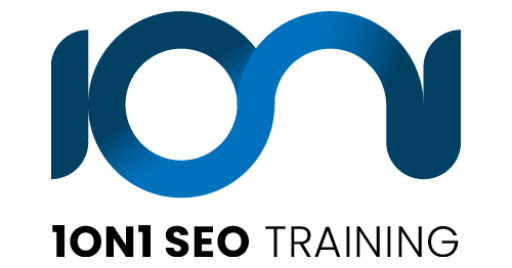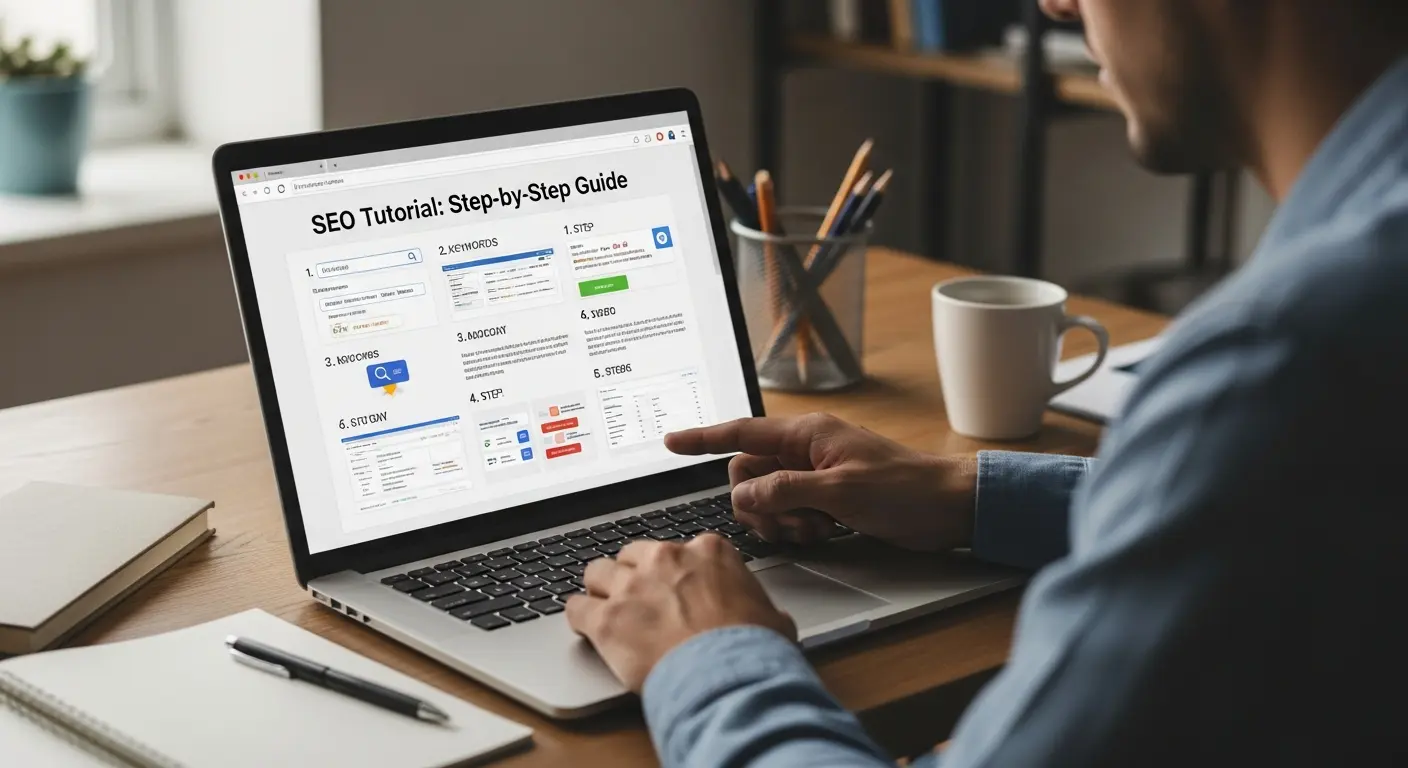How do you stay motivated while doing SEO, when often times it feels like you are working for no reason until the phone finally rings and you have your first inbound marketing customer?
One of the biggest challenges I see people face as an SEO educator is staying motivated and continuing to improve their SEO despite not seeing any results from their efforts. This is because SEO is like a lot of the good things in life: they require hard work and patience. You will not see lasting results overnight, and anyone who claims they can do that for you is lying. Real results take time, since search engine optimization is a continuous process that requires a great deal of ongoing work for good results.
Yet, it can be extremely difficult for one to continue to invest time and money into something that doesn’t show results right away, especially when you are not an SEO expert and thus are not sure that SEO will even really work. Unfortunately for beginners, it is at the beginning of the SEO journey that the mountain is the highest to climb. But, for those who persevere and keep putting in the work for their optimization strategy, it will pay off big time.
When teaching my one on one SEO classes to my students, one of the first things I do is set up measurement points to check and make sure that their work is useful and benefiting their website, allowing them to also change their priorities incase their search engine optimization isn’t helping.
Put yourself in the customer’s shoes
Any goals or marketing strategies should reflect the customer’s needs. Putting yourself in the client’s shoes will naturally direct your efforts. Going through your website or modifications as if you were the customer will help you to check ahead of the time that your customer will be satisfied and choose to work with you.
When you plan on measuring your search engine optimization performance, client/ potential client behavior is one of the biggest aspects to consider. The other part to this puzzle is the Google/ technology success, which will measure how your site compares with others.
Once you have created measurable goals, you are ready to start tracking your performance. Below are some of the best metrics for analyzing your SEO progress.
Engagement metrics
Examining the way people behave and engage when they are on your website is one of the easiest measurements you can have for your online success. Some of the most popular engagement metrics, below, are key indicators to why you are or are not getting phone calls.
Conversion rate – your conversion rate = number of conversions/number of unique visits. Apply this to specific actions or goals so that you can gauge your ROI through website traffic.
Time on page – tells you how long people spent on your page, to indicate how much content they have been exposed to and maybe how interested they were.
Scroll depth – measures how far visitors scroll down a webpage, to indicate whether visitors go through all of its content and help you determine where to put calls to action and important content within your webpage.
Pages per visit – typically, the more pages visited, the more the individual was interested in your website. However, goals for each page are different, and some may not have been intended or even needed to lead someone to a different part of the website.
Bounce rate – your bounce rate describes the individuals who left your website after getting to the page they landed on, without exploring the site any further. This gauge can be tricky as a performance indicator, as sometimes it is not necessary to have visitors go to other pages, and simply means that their search was effective and questions were answered right away when they got to your website.
An SEO Coach’s favorite tool: Google Analytics
My favorite tool to give to students who are doing personalized SEO coaching with me is Google Analytic, because it is free and easy to use, while it also gives us a ton of information about a website’s performance. An important part of my SEO training involves teaching students how to use Google Analytics, because it can be hard for a non-professional to know where to look and what information to extract. Once we have covered the basics, you can get a lot of traffic data and valuable information.
Click through rate (CTR): The click through from search results to a particular page gives a lot of insight on how well you have performed on-page SEO. Google’s free tool, Google Search Console, can provide this data report for you.
Traffic over time: Use Google Analytics to view total sessions, users, and page views to your site, even though specific dates and while comparing two date ranges.
Website triggers and activity: Google Tag Manager is another free tool with which you can manage and deploy tracking pixels to your website easily.
Visits per page: You can create site content report in Google Analytics to evaluate the performance of specific pages.
Traffic quality: The quality of your traffic sources can actually be measured through Google Analytics’ Assisted Conversions, offering a report with insight as to whether you are getting the kind of traffic that can convert into customers.
Organic traffic: While I only ever encourage organic SEO to my students, some do use paid campaigns and they can sometimes be justified. If you do have non-organic traffic coming in, or you want to see how your organic traffic compared in the past while you had paid search running compared to your transition to all-organic, you can check this with Google Analytics.
Other metrics that every SEO coach loves
Here are some other measurement tools to consider in order to better understand your SEO progression and stay motivated during the tough times during SEO where results haven’t quite come to fruition;
Keyword rankings: tracking your rankings for your target keywords is vital for staying motivated. More often than not, it takes a while to get to a number one or even first page search result ranking, and that is ok. This, of course, largely depends on where you started. No matter what, keyword ranking reports are great for measuring your progress and proving that you are indeed crawling your way to the top.
Number of backlinks: Backlink-building, an element of off-page SEO, can be understood through reports indicating a total number of websites with links pointing back towards your site, unique linking root domains, and the quality of links for you to better understand the state of your off-page SEO strategy.
Domain and page authority: Authority metrics such as Moz offer metrics for benchmarking your domain authority and page authority and comparing it with your competitors.
1ON1 SEO Training is here to help
As you can see, measuring your SEO performance is both important to keep you motivated and to help you analyze if you are doing your search engine optimization right. As an SEO coach, I am here to help. I can train you on how to do search engine optimization for yourself, including how to track your work and results. This means both equipping you with the knowledge and setting you up with the most useful tools, such as building your own Google Analytics Dashboard and identifying your website’s overall health on the backend, to make your SEO mission a success. Get learning and benchmarking with us today!




